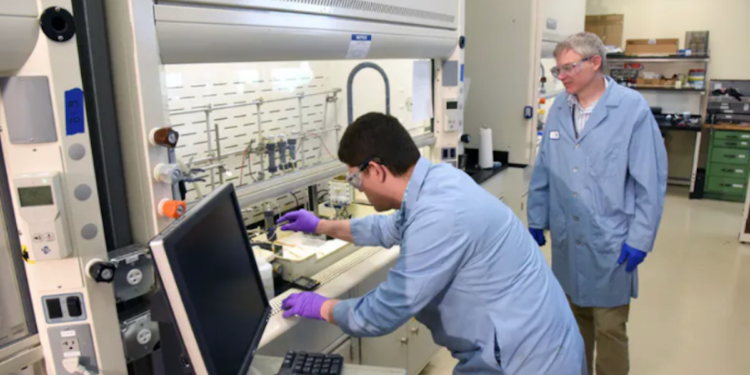Thanks to the mass production of technology such as mobile phones, laptops, electric bicycles, electric scooters, smartwatches, home & kitchen appliances, power tools, and more, we have increased production of lithium-ion batteries. Each device has at least one battery with an average lifespan of about 2 years, and in some cases shorter. When a lithium-ion battery reaches its end of life, it needs to be recycled, because the battery is made of metals that can pollute the environment.
The Issues With Recycling Lithium-Ion Batteries
The biggest problem with recycling is that people need to be aware that they are shouldn’t be throwing lithium-ion batteries in the trash, but taking them to a place intended for the collection of materials that are subject to recycling. Also, unfortunately, another problem is the lack of institutions dealing with battery recycling. The reason there are not many such institutions is that the cost of recycling lithium-ion batteries is very high, but it must be recycled so as not to pollute the environment. The battery becomes dangerous when it leaks because it is toxic, but there is also a risk of fire.
In some countries, there are not even recycling centers that recycle lithium-ion batteries (there is no institution in the UK for example), so these countries are forced to ship the batteries to the nearest such institution, so the recycling of lithium-ion batteries includes additional costs that these countries must pay because batteries still have to be recycled somewhere because their deposition in waste is not the solution. Deposition on waste is very dangerous, due to the already mentioned fires that can occur due to leakage of lithium-ion batteries, as well as exposure to the sun and other weather changes.
Most Samsung 25R lithium-ion batteries are recycled in China, so the cost of transportation in some countries is higher than in other countries. Also, transport by plane is very dangerous, due to the pressure that is created during the flight, so additional security and battery security is required, which again represents a cost but also a risk for transport. Also, it is not possible to take a larger amount of lithium-ion batteries by plane, so if it is necessary to recycle a larger amount, this creates another cost, or double the cost of transport.
Why Is It So Expensive To Recycle Lithium-Ion Batteries?
The lithium-ion battery is made of several metals, and in recycling, it is necessary to separate these materials, which are very unstable during separation. So in addition to the cost, there is a risk in recycling lithium-ion batteries.
Due to the very expensive recycling of lithium-ion batteries, only 5% of batteries are recycled annually, while alkaline batteries average 50%. Recycling awareness should be slightly encouraged in order to establish additional battery recycling institutions and thus reduce the cost of recycling, increase the recycling rate and reduce the degree of pollution and the danger posed by non-recycled lithium-ion batteries.
One novelty has been introduced that regulates manufacturers, and that is that if they sell more than 32 kg of lithium in a year, they must take back those same batteries from customers when their expiration date expires and without any cost to the customer.
What To Do And What Not To Do When Properly Disposing Of An End-Of-Life Lithium-Ion Battery:
- Do not dispose of the battery with the device, but separate it from the device. If this is not possible for you, it is better to take the device to a service that buys such devices and you will get some money for it.
- Insulate the terminals on the battery to prevent short circuits.
- Pack the batteries in some bags or boxes to ensure that the battery stays dry
- Do not throw the battery in the normal rubbish bin, take it to a recycling center or service center for old appliances.
- Do not mix damaged and undamaged batteries, but physically separate them.
We hope that awareness of battery recycling will be raised as soon as possible to ensure that we have a better and cleaner future. If you want to learn more abour recycling lithium-ion batteries, click here!







